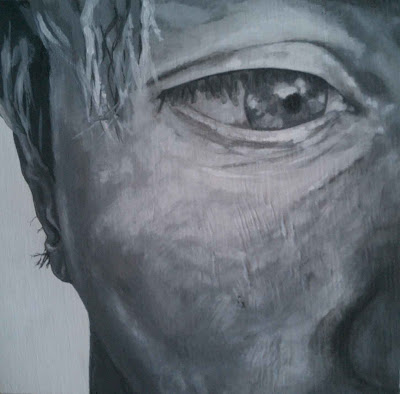Nostalgia for the firefly
I would stare at the grains of light suspended in that silent space, struggling to see into my own heart. What did I want? And what did others want from me? But I could never find the answers. Sometimes I would reach out and try to grasp the grains of light, but my fingers touched nothing.
Haruki Murakami - Norwegian Wood
Haruki Murakami - Norwegian Wood


Comments